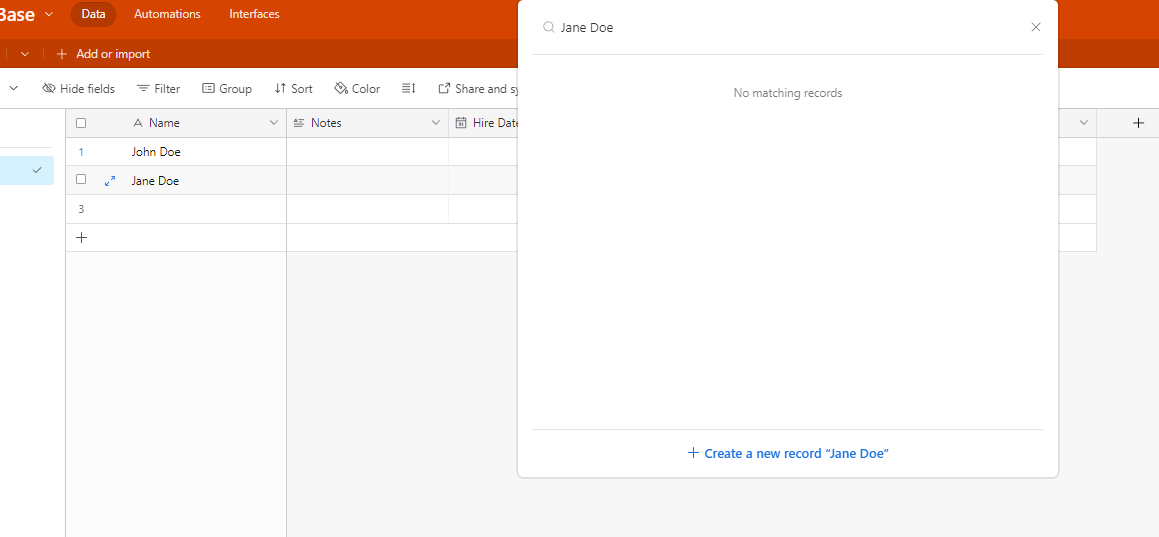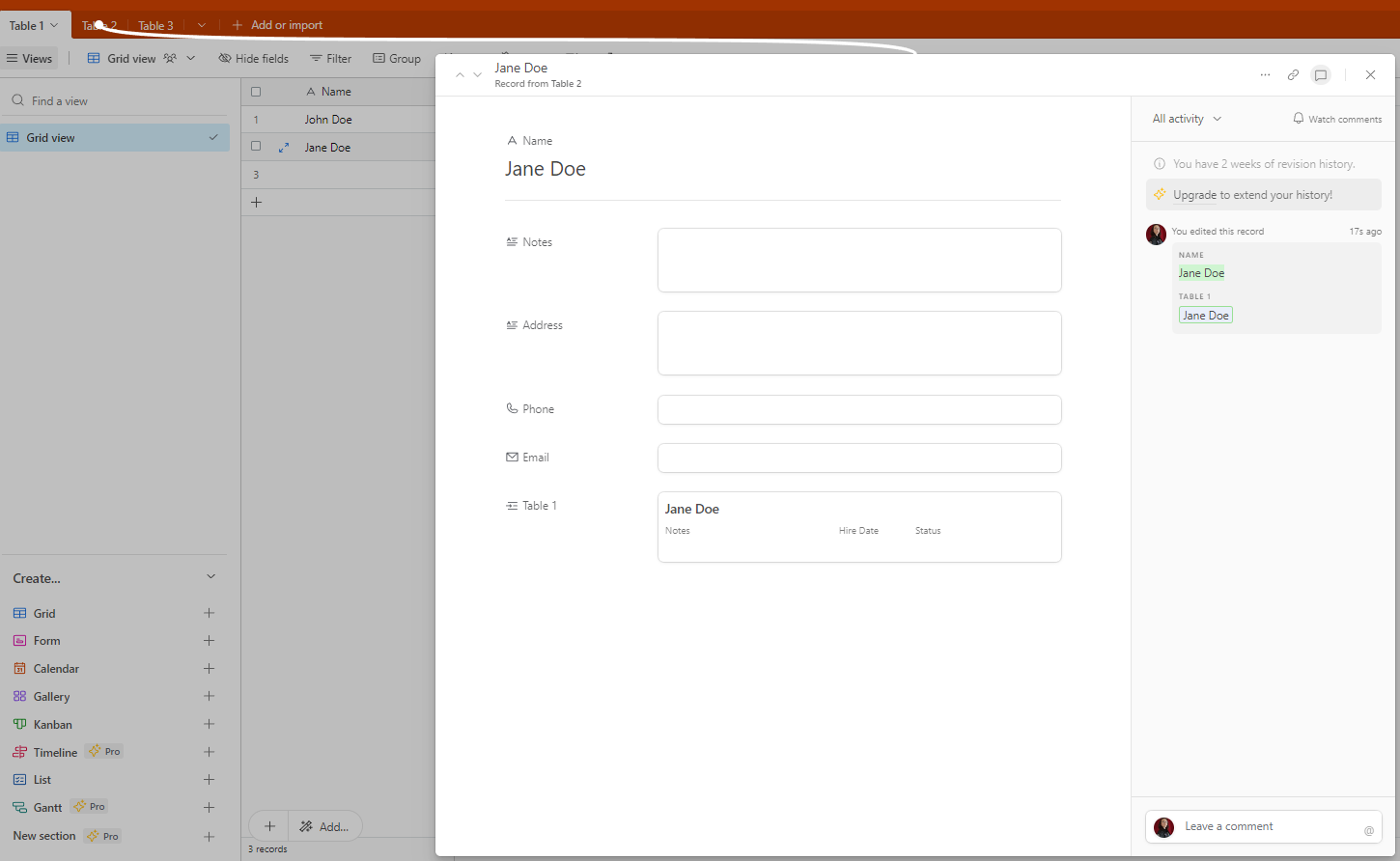I want to build out an employee database. What I'm starting to run into is having 5000 fields in a single table, based off of employee name. There's a lot of data that doesn't need to be together, so while I can create 20+ different views, it seems like I might be overcomplicating things. Basically, I'd love to be able to have my employees as a record, and have different tables perhaps that all organize around the employee record.
For example:
Employee->Personal Info
Employee->Social Info
Employee->Employment History Info
What are some good ways of trying to organize this data?
Structural organizational tips for an employee database
 +1
+1This topic has been closed for replies.
Enter your E-mail address. We'll send you an e-mail with instructions to reset your password.




